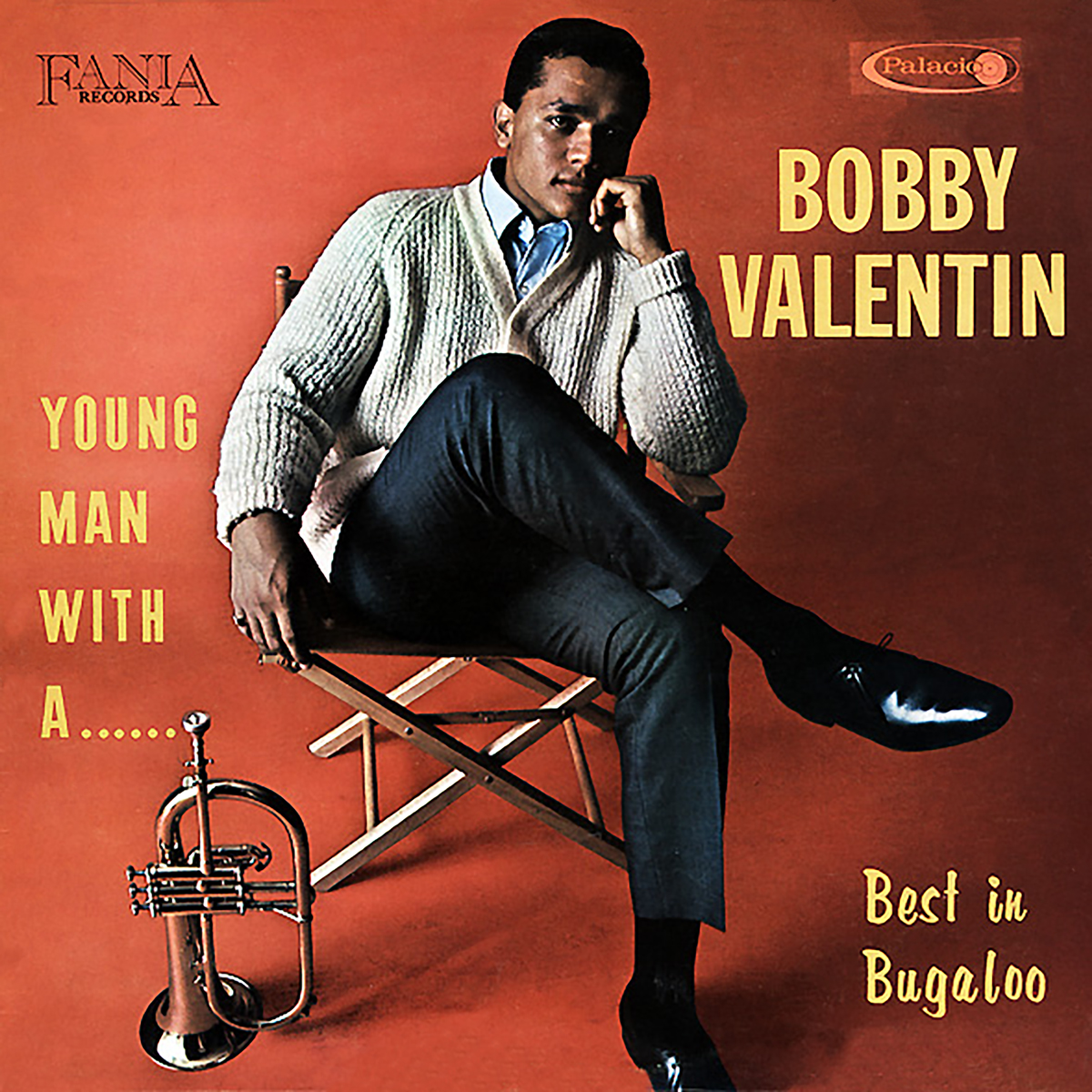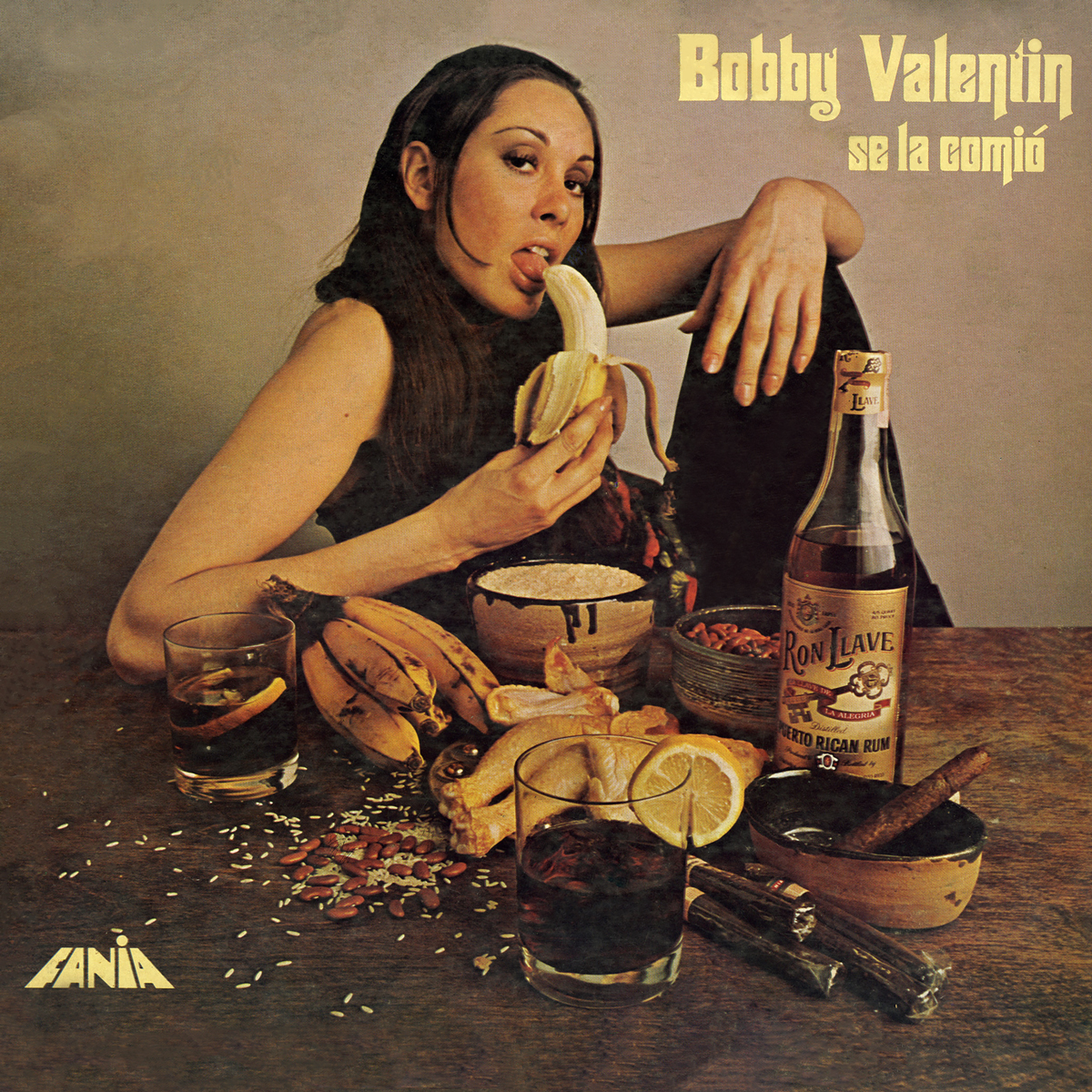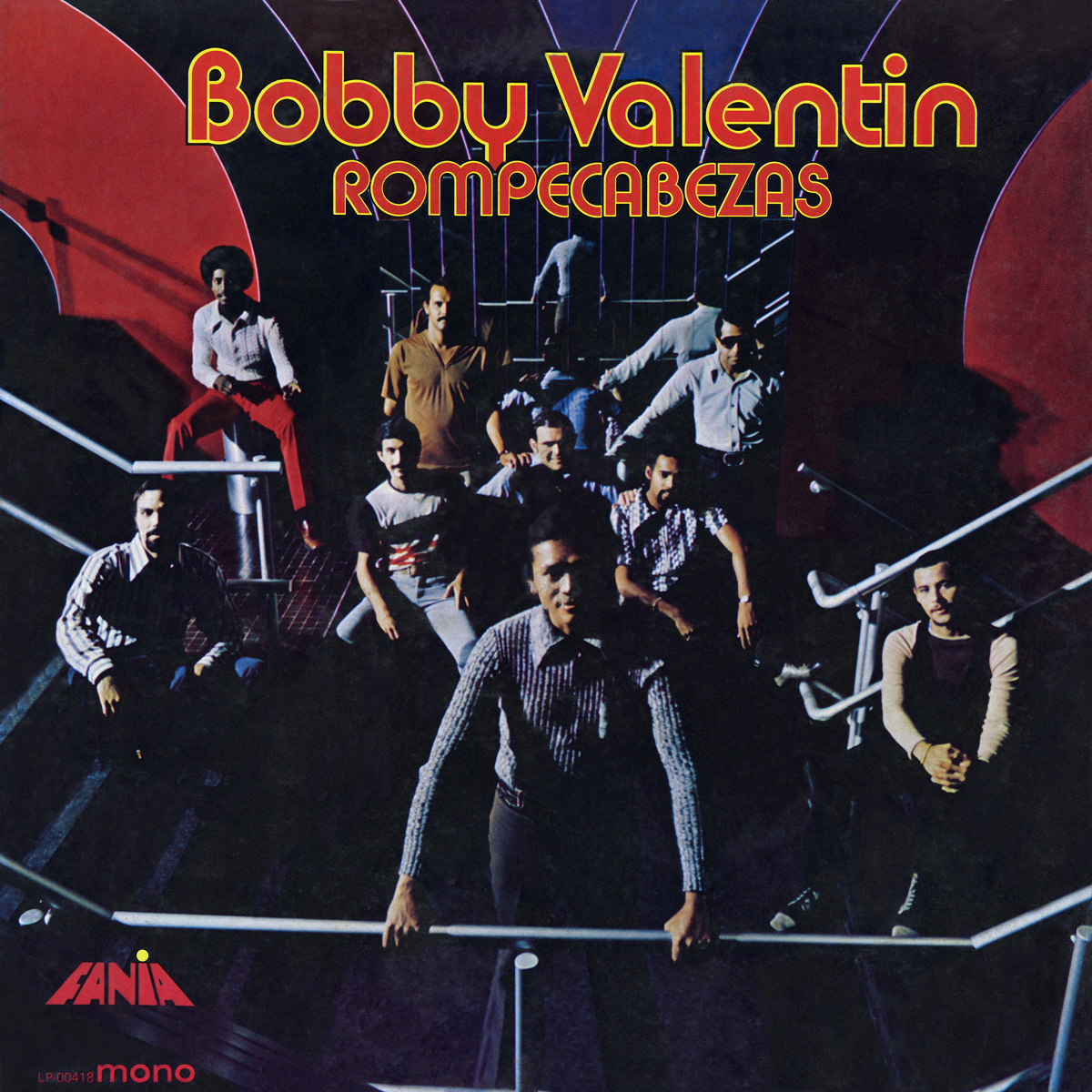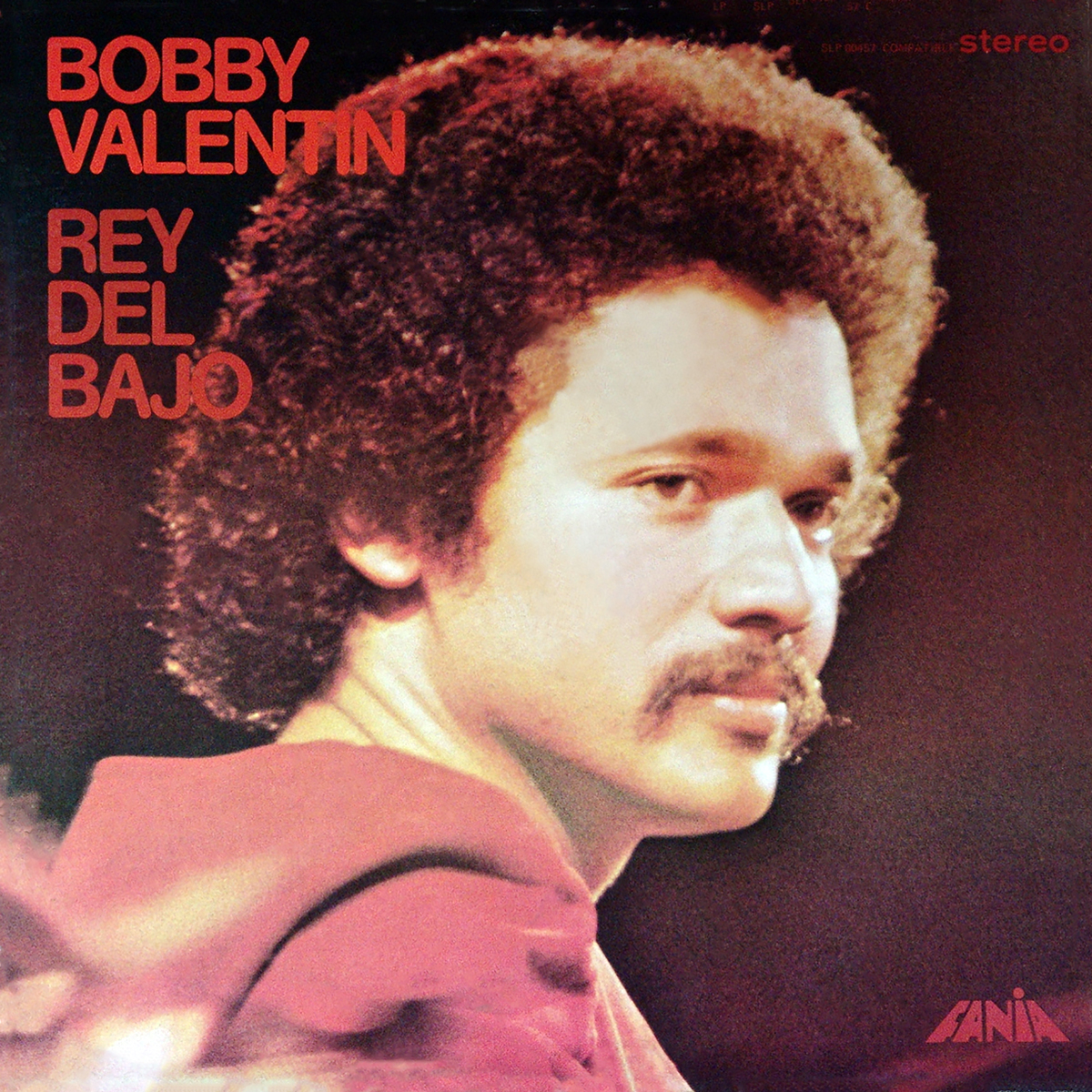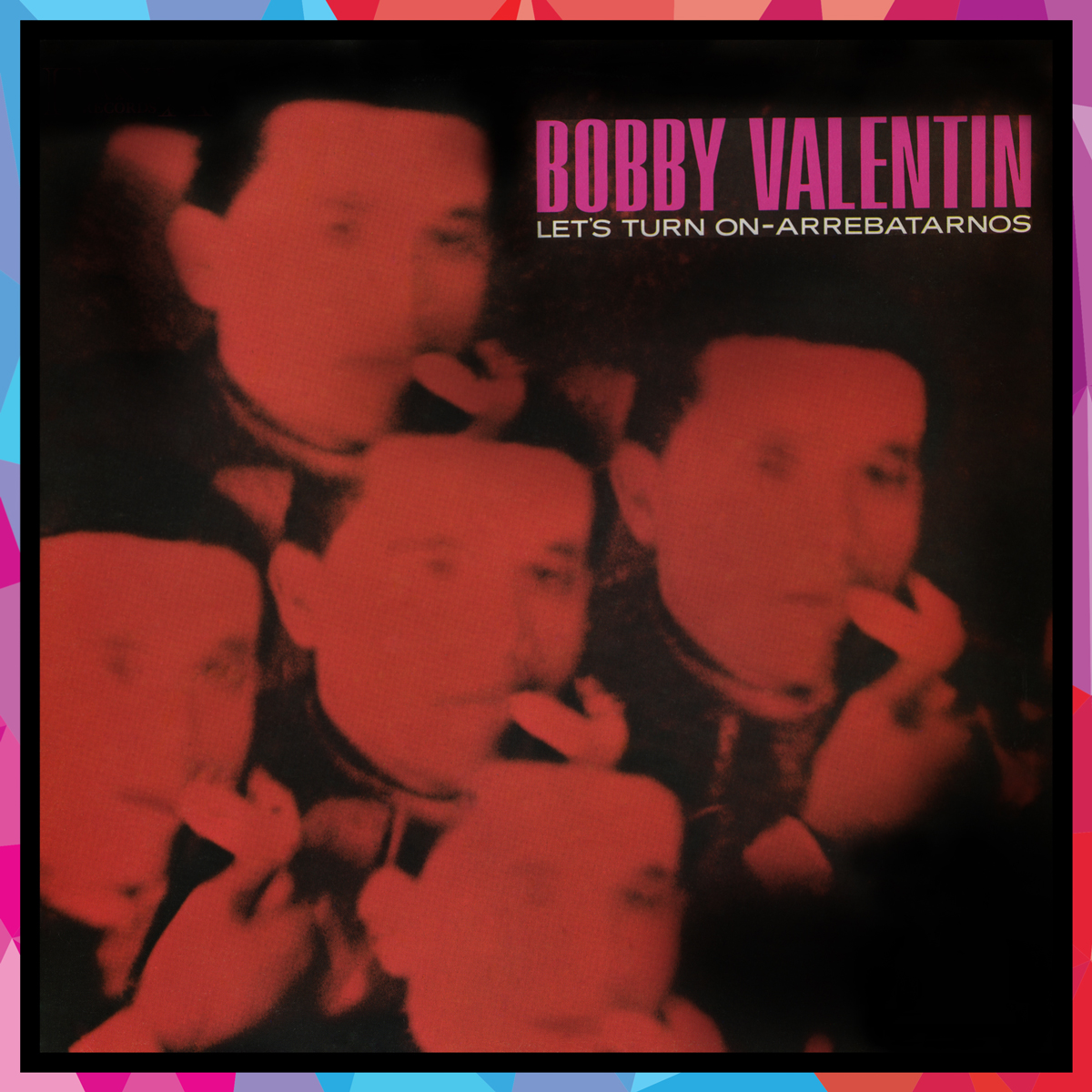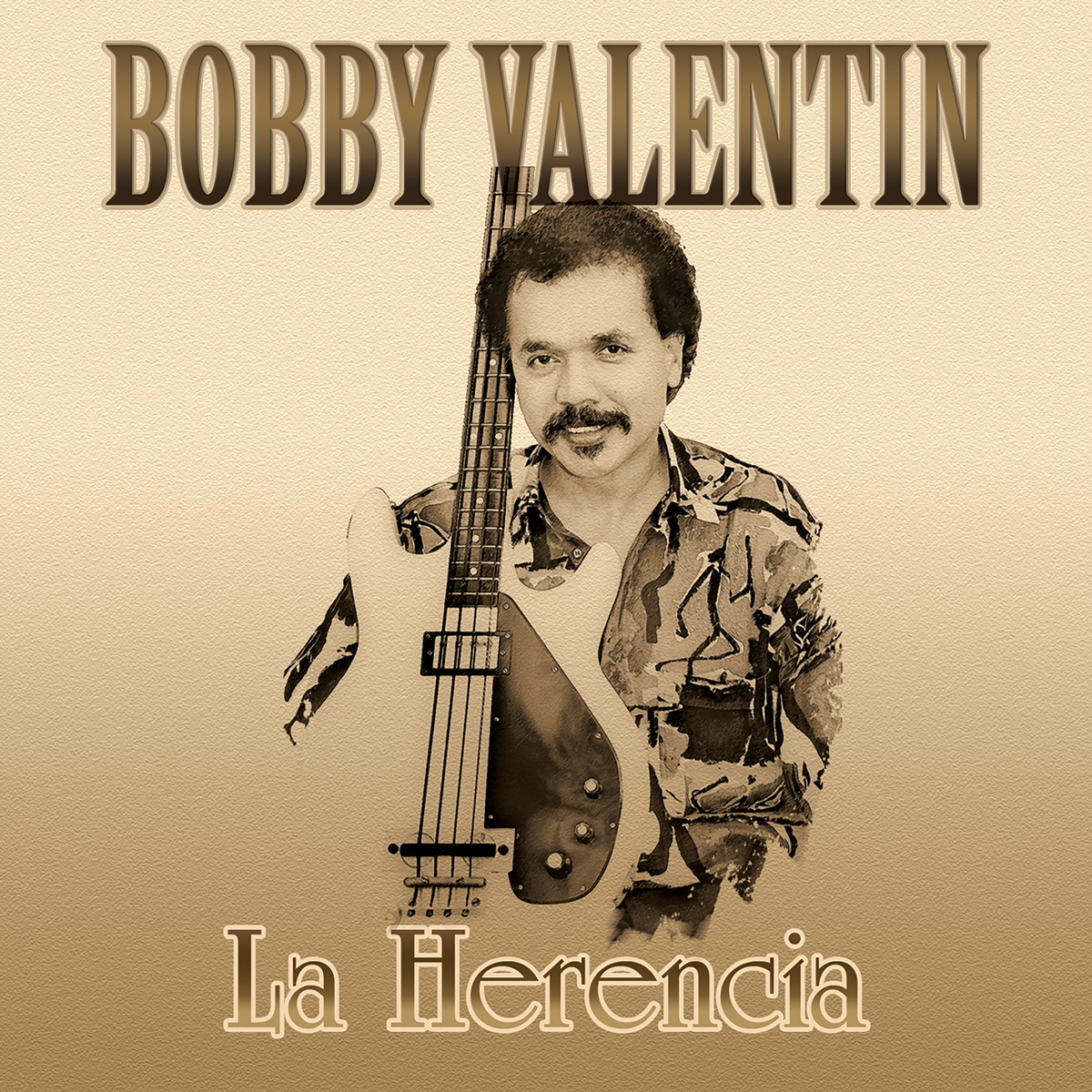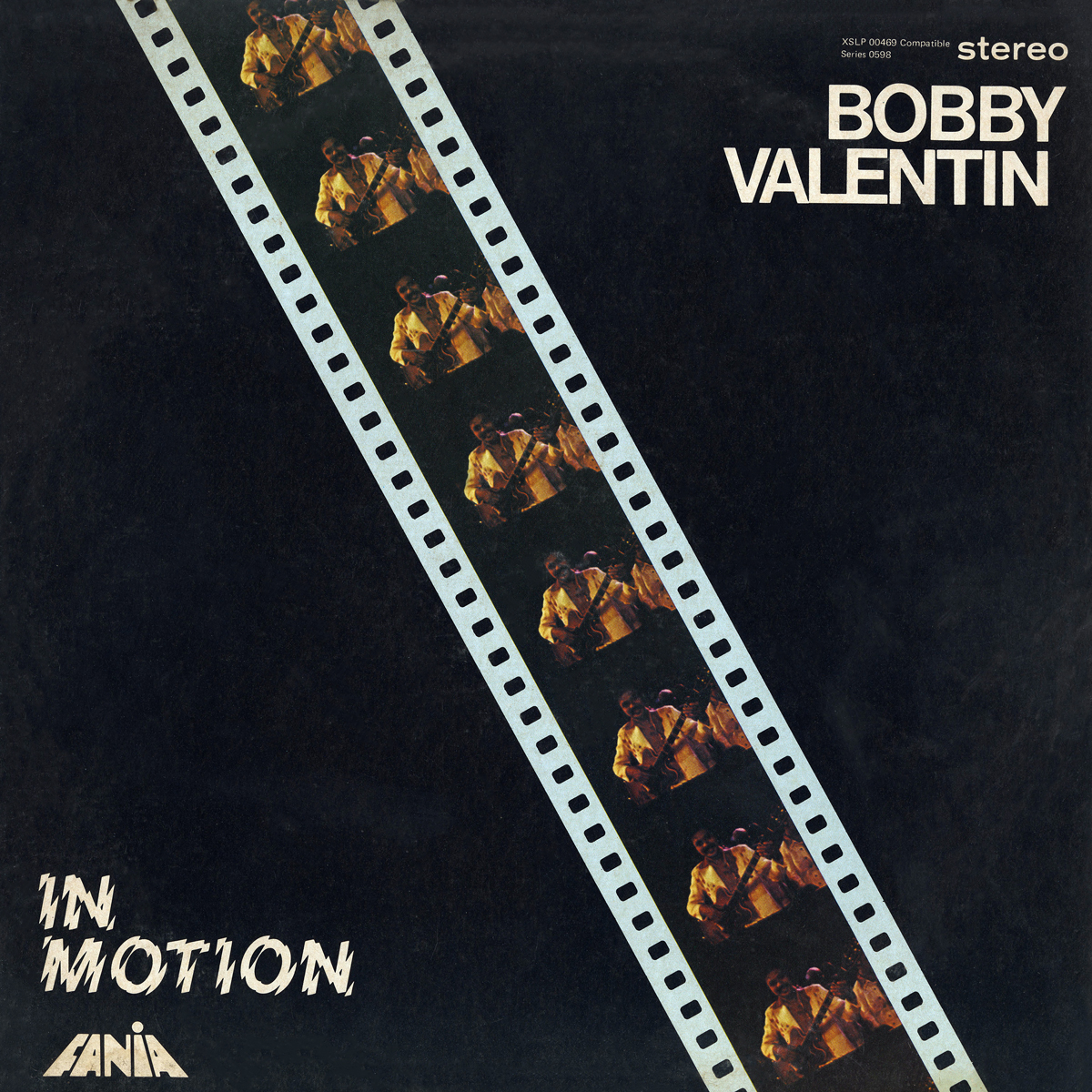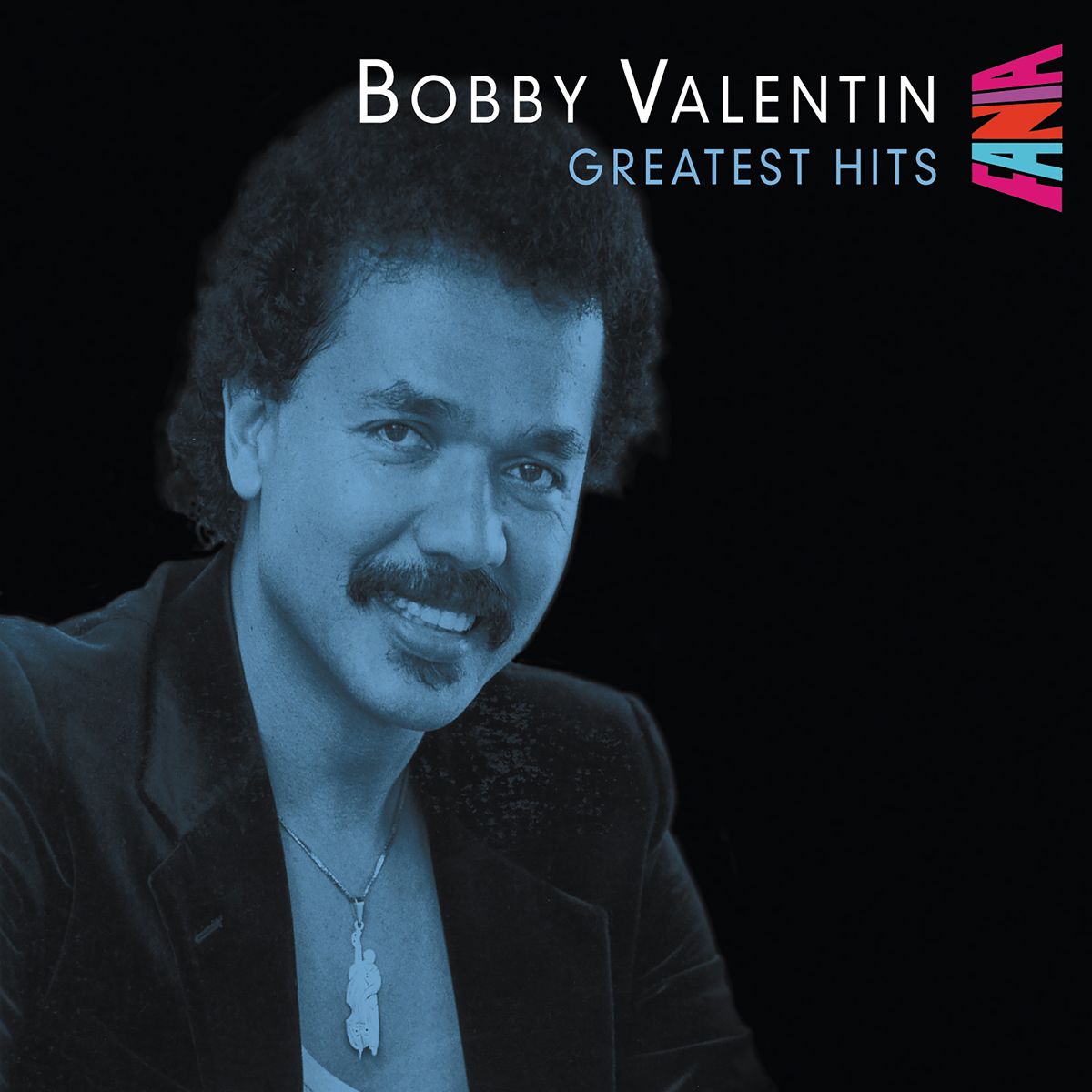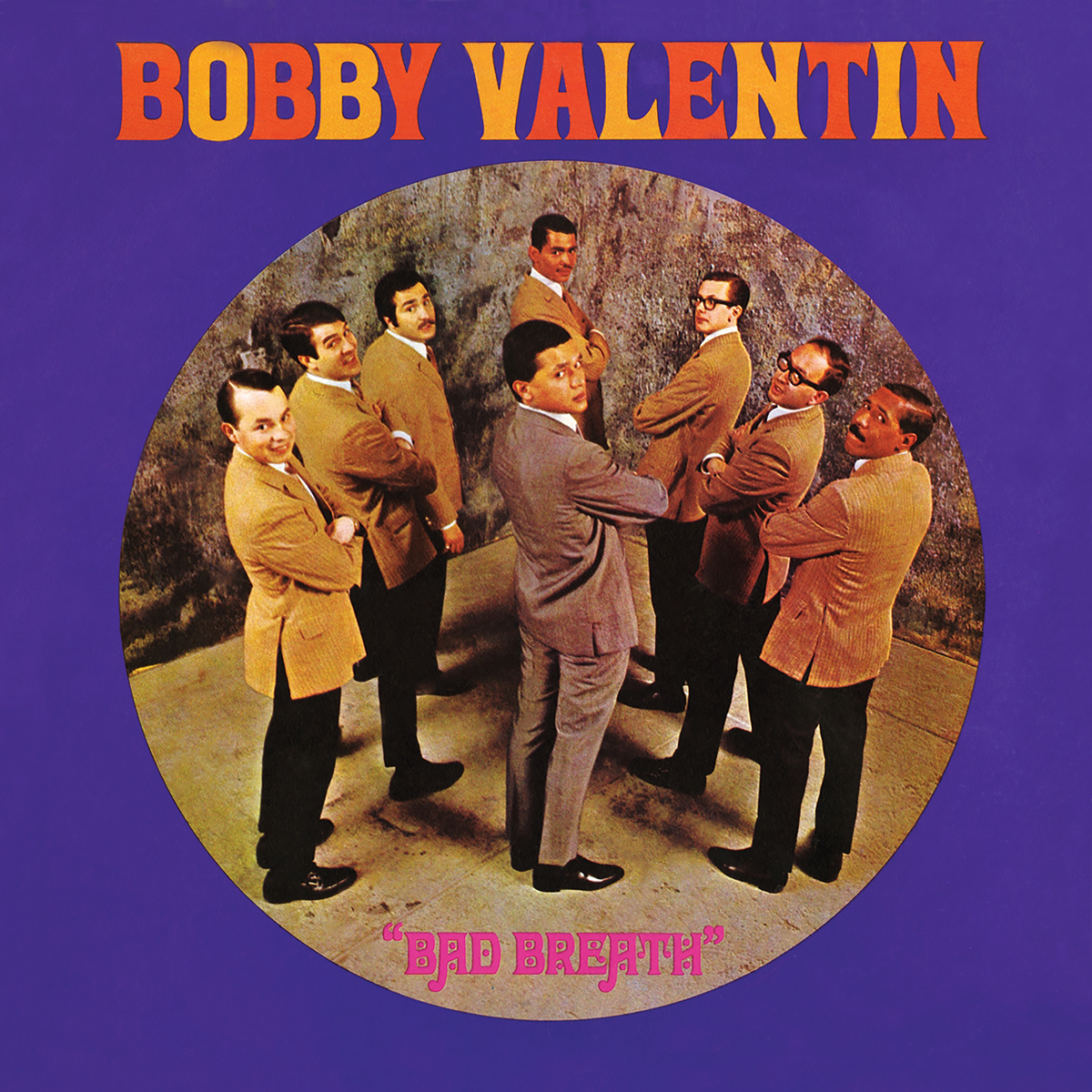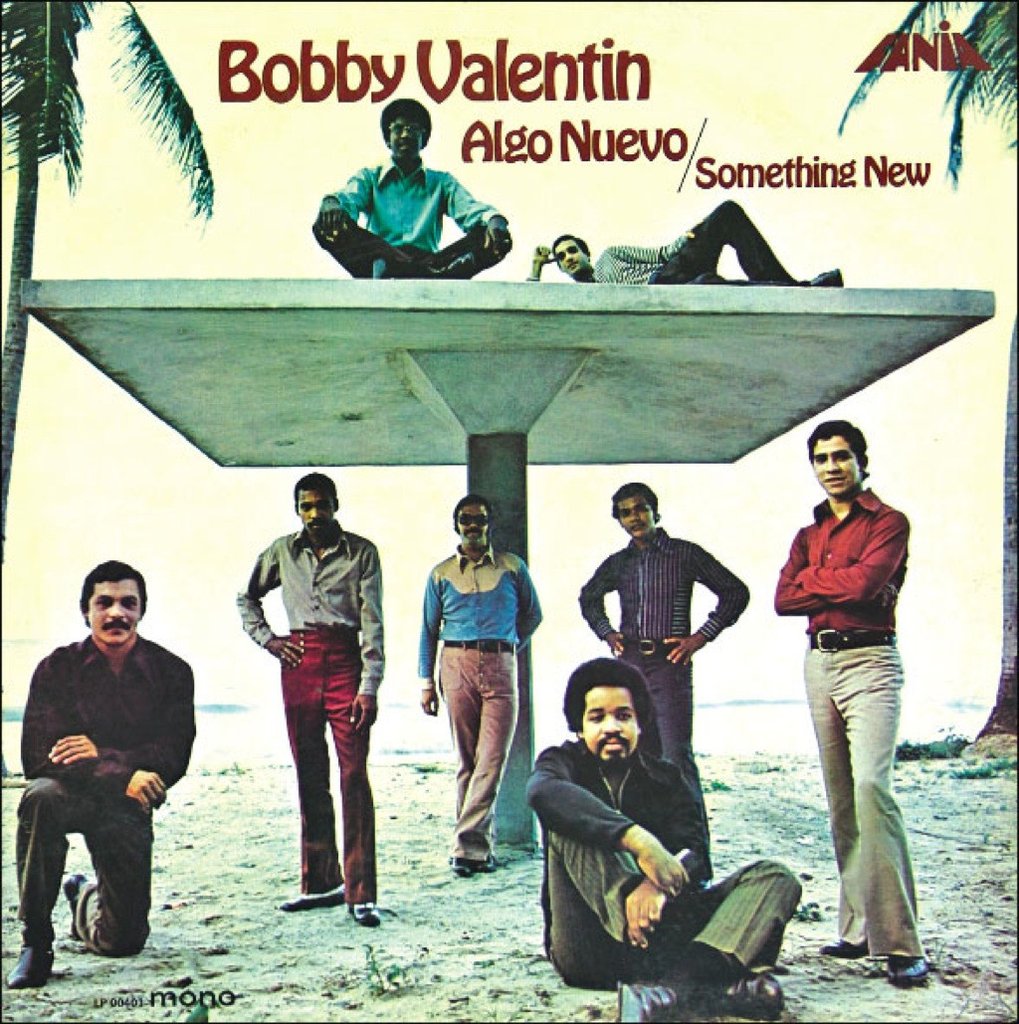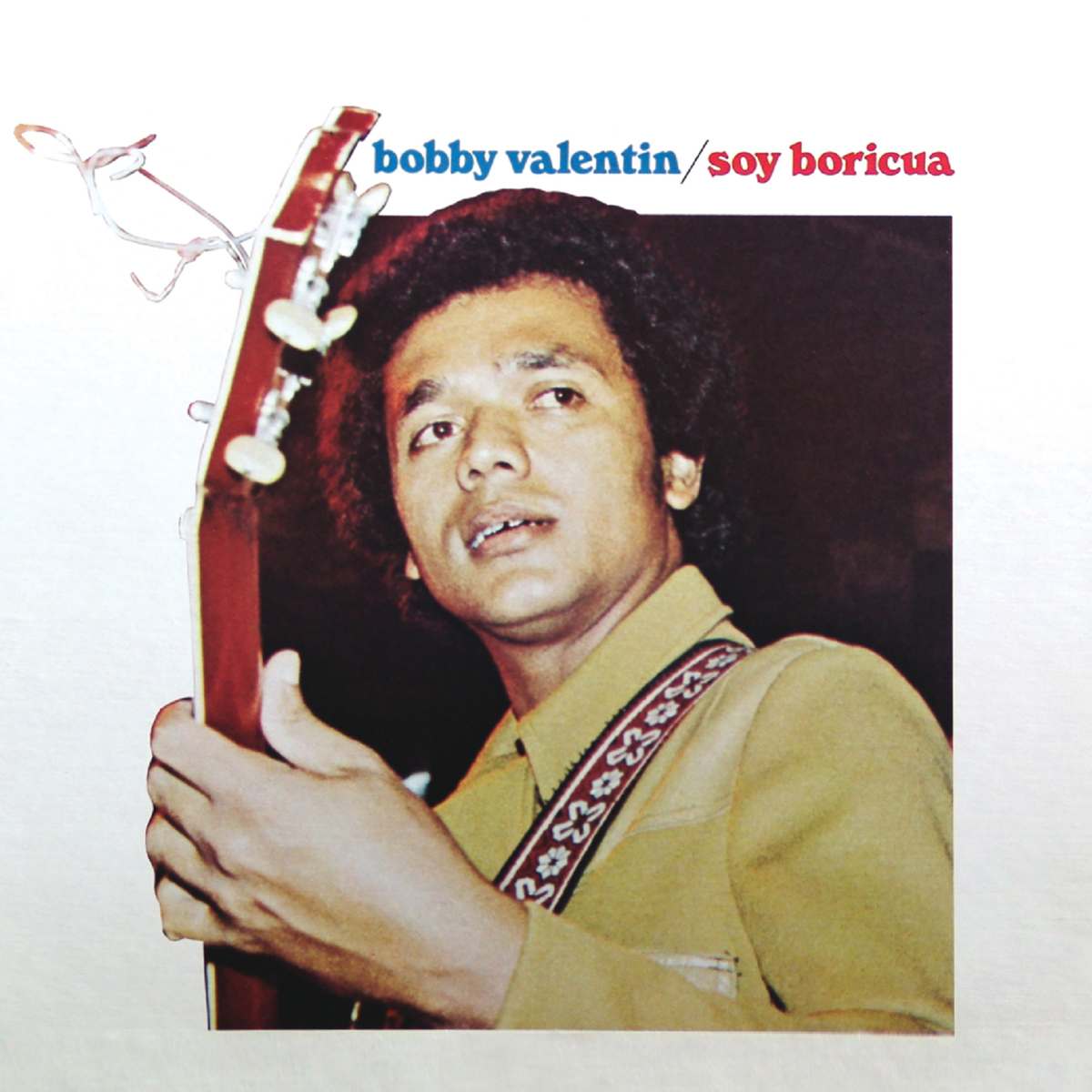
There is a misconception among casual lovers of Afro-Caribbean music according to which Cuba is the beginning and the end of the entire salsa genre. Whereas it is true that many of the song formats that make up the umbrella term of salsa are Cuban in origin (from the guaracha and the guaguancó to the mambo and the ubiquitous son) the importance of Puerto Rico in the development of the urban salsa phenomenon cannot be underestimated.
La Isla del Encanto contributed its own, particular point of view to the fusion of American born big band jazz and Caribbean rhythms that blossomed in New York during the ’60s and ’70s and saw the Fania label as its epicenter. It also developed its own regional song formats such as the plena and the bomba. Further, many quintessential salsa superstars were Puerto Rican in blood and sensibility: Cheo Feliciano, Héctor Lavoé, Charlie and Eddie Palmieri, Ismael Rivera, Ismael Quintana, Roberto Roena, and of course, el rey del bajo himself, maestro Bobby Valentín. Released in 1972, “Soy Boricua” was Valentín’s manifesto of pride for his native land. Not surprisingly, the anthemic title track became a hit that year in Puerto Rico.
The previous year, Valentín had already defended his decision to move from New York to the island that gave birth to him on the song Vete Pa’Llá. “Soy Boricua” also gained a place in salsa history for being the second album that Bobby Valentín recorded with the legendary Marvin Santiago as lead vocalist. One of Puerto Rico’s grittiest singers, Santiago had begun his collaboration with Valentín in 1971. After singer Frankie Hernández left the bassist’s orchestra, Santiago replaced him on the Rompecabezas LP. The identification of Puerto Rico’s working class salseros with Santiago was such, that he eventually was nicknamed El Sonero del Pueblo (The People’s Singer). The Puerto Rican connection is also enhanced with the presence of three numbers from the island’s número uno composer, the inimitable Tite Curet Alonso: “La Leonor”, “Aquella Mujer” and the major hit “Pirata De La Mar”. “La Leonor” showcases Curet Alonso’s idiosyncratic sensibility and his talent for mixing humor and tragedy within the same song. The tune’s “Leonor” is a femme fatale who swore love to two different men at the same time. As a result, the rivals fought a duel and ended up killing each other, condemning the hapless “Leonor” to eternal solitude.
The song underscores such colorful lyrics with a groove of devastating swing. “Soy Boricua” includes two boleros that add variety and contrast to a record made up mostly by upbeat numbers. Santiago shines on the torrid “Piénsalo Bien” and “Oh Nena”. “Oh Nena” in particular has a velvety feel and jazzy brass arrangement that evokes the tendencies that dominated romantic Latin pop during the early ’70s. This is the stylistic space where the tropically flavored bolero meets the lush ballads favored by more mainstream artists such as Mexican crooner José José. More than 30 years after it was recorded, this track sounds ageless and hip. Following “Son Boricua,” Santiago and Valentín collaborated together on such seminal LPs as Rey Del Bajo, In Motion, and the classic Va A La Carcel, a live collection recorded at a state penitentiary in Puerto Rico. Santiago left the Bobby Valentín orchestra in 1976 in order to launch a solo career.
Unfortunately, his trajectory was marred by various drug-related and health problems. El Sonero del Pueblo passed away in 2004. To this day, Valentín continues touring and recording through his independently owned label Bronco Records. More often than not, his live shows include riveting performances of “Pirata De La Mar” and “Soy Boricua”, a testament to this album’s endurance among fans of pure Puerto Rican power.
Credits: Bobby Valentín – Bass, Leader Oscar Colón – Timbales Mike Torres – Trumpet Angel V. Machado – Trumpet Aldo Torres – Trombone Edwin Rodríguez – Piano Humberto Ramírez – Baritone Saxophone William D. Thompson – Conga Hector Faberlle – Bongos William E. Ramírez – Tenor Saxophone Vocals – Marvin Santiago Producer – Jerry Masucci Recording Director – Johnny Pacheco Recorded at – Ocho Recording Studios, Puerto Rico Mixed at – Good Vibrations Sound Studios, New York City Arrangements – Bobby Valentín Original Album Design – WE 2 Graphic Designs Inc., Izzy Sanabria, Walter Velez Original Album Photography – José Florez Written by Ernesto Lechner


